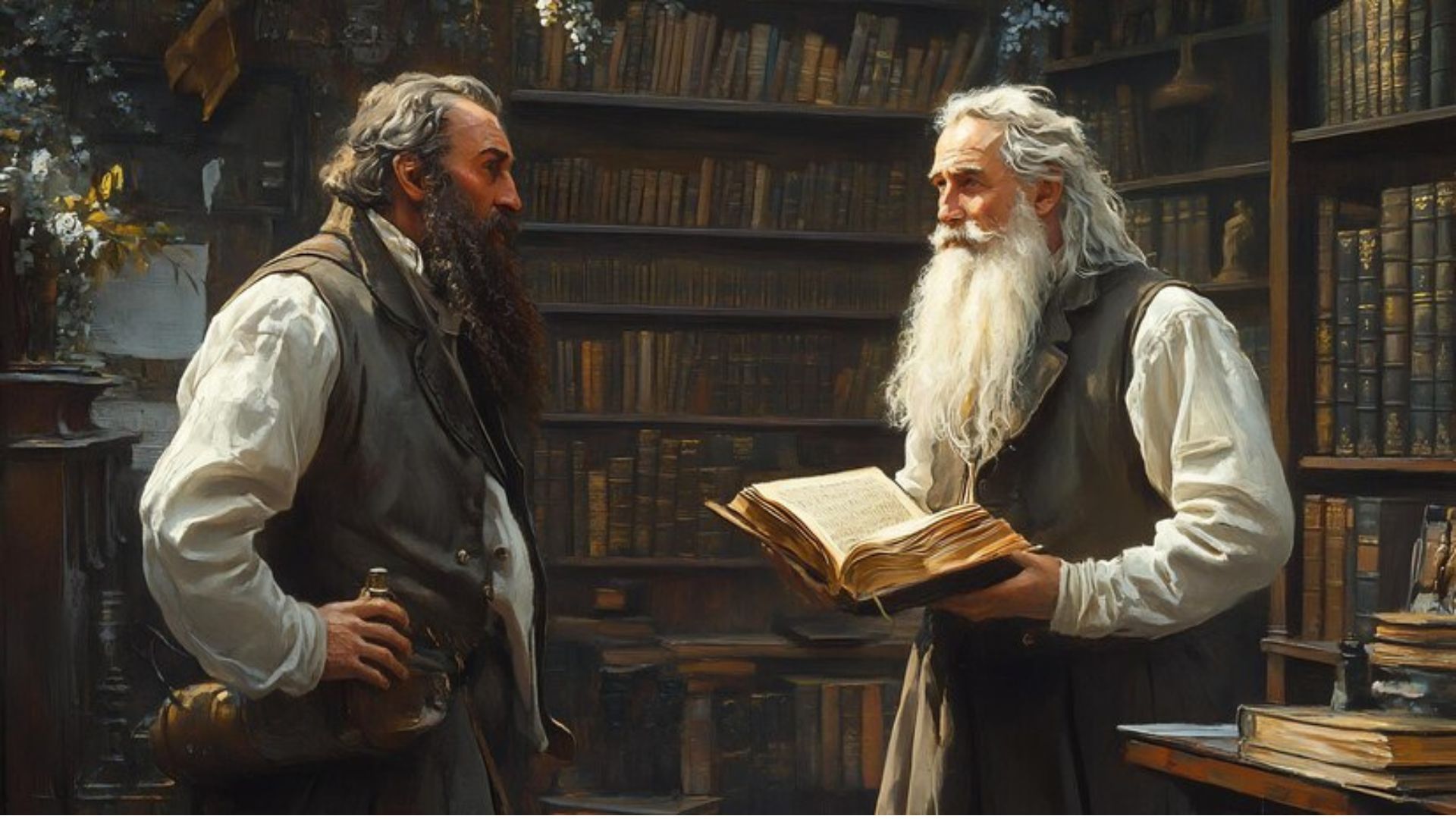Whitman and Thoreau Influencer are two monumental figures in American literature, each with a unique voice and perspective that continues to resonate today. Their works have influenced generations, not just in literature but also in social, political, and environmental spheres. This article will explore their lives, philosophies, and lasting impacts, highlighting how they have shaped contemporary thought and inspired movements.
Walt Whitman and Henry David Thoreau were contemporaries who explored similar themes of individualism, nature, and society, yet approached these topics from distinct angles. Whitman’s exuberant, free-verse poetry celebrated democracy and the human spirit, while Thoreau’s reflective essays and books delved into nature and the philosophy of simple living. Together, they form a complementary duo in American literature, influencing various movements and literary styles that followed them.
Walt Whitman: The Poet of Democracy
Early Life and Background
Walt Whitman was born on May 31, 1819, in West Hills, New York. Raised in a working-class family, he had little formal education but was an avid reader, absorbing the works of Shakespeare, the Bible, and other great writers. His experiences as a teacher, journalist, and volunteer nurse during the Civil War greatly influenced his writing.
Major Works and Themes
Whitman’s most famous work, Leaves of Grass, was first published in 1855 and underwent numerous revisions throughout his life. The collection is a celebration of the individual, the American experience, and the interconnectedness of all life. Key themes include:
Democracy: Whitman believed in the equality of all people, which he expressed through his inclusive language and diverse subjects.
Nature: He saw nature as a vital component of the human experience, often blending it with the themes of spirituality and individuality.
The Body: Celebrating the physical body, Whitman’s poems emphasized sensuality and the human experience in a way that was revolutionary for his time.
Whitman’s Influence on Literature and Society
Whitman’s influence extends beyond poetry; he reshaped American literature by introducing free verse and promoting the idea that poetry could be accessible to everyone. His works inspired poets such as Langston Hughes, Allen Ginsberg, and Maya Angelou. Beyond literature, his thoughts on democracy and equality laid the groundwork for future social movements, including civil rights and LGBTQ+ rights.
Henry David Thoreau: The Philosopher of Nature
Early Life and Background
Born on July 12, 1817, in Concord, Massachusetts, Henry David Thoreau was a philosopher, naturalist, and transcendentalist. He studied at Harvard University and became friends with Ralph Waldo Emerson, who greatly influenced his thinking.
Major Works and Themes
Thoreau is best known for his book Walden, which recounts his experiment in simple living in a cabin he built near Walden Pond. Key themes in Thoreau’s work include:
Nature: Thoreau viewed nature as a source of inspiration and truth, advocating for a deep connection with the natural world.
Simplicity: He believed in simplifying one’s life to focus on what is truly important, urging people to reject materialism.
Civil Disobedience: Thoreau’s essay Civil Disobedience articulates the moral imperative to resist unjust laws, a principle that has inspired activists worldwide.
Thoreau’s Influence on Literature and Society
Thoreau’s writing style and philosophical musings have influenced a broad array of writers and thinkers. His advocacy for environmental conservation has made him a foundational figure in the environmental movement, inspiring leaders like John Muir and Aldo Leopold. His ideas on individual conscience and civil rights were pivotal in shaping social activism in the 20th century.
Shared Philosophies and Differences
Whitman and Thoreau shared a deep appreciation for nature and individualism, yet their approaches diverged significantly. While Whitman celebrated the collective human experience and democracy, Thoreau focused more on introspection and personal conscience. Whitman’s work is often exuberant and grand, while Thoreau’s is contemplative and subdued.
Both writers emphasized the importance of self-reliance. Whitman called for a collective awakening to democracy, while Thoreau urged individuals to seek truth within themselves. This blend of personal and societal reflections has contributed to their lasting influence on American thought.
Impact on Modern Movements
Environmentalism
Thoreau’s reflections on nature have made him a crucial figure in the environmental movement. His advocacy for conservation and simplicity resonates with contemporary environmentalists who seek to protect the planet from the excesses of industrialization. Whitman’s appreciation for the natural world complements this philosophy, emphasizing the beauty and importance of nature in human life.
Civil Rights
Both authors influenced civil rights movements through their calls for equality and justice. Whitman’s inclusive vision of democracy inspired activists seeking social change, while Thoreau’s insistence on moral action against injustice has echoed through the civil rights movement led by figures like Martin Luther King Jr. and Mahatma Gandhi.
Conclusion
Walt Whitman and Henry David Thoreau have left indelible marks on American literature and culture. Their explorations of individuality, nature, and society continue to inspire contemporary movements and thinkers. By advocating for democracy, environmental stewardship, and civil disobedience, they have shaped the course of American thought and action.
ALSO READ:Discovering Kiki Slyvanowicz: A Deep Dive into Her Impact and Legacy
FAQs
What is the main theme of Whitman’s poetry?
Whitman’s poetry primarily focuses on democracy, individuality, and the interconnectedness of all life, celebrating the human experience and nature.
How did Thoreau influence environmentalism?
Thoreau’s writings emphasize a deep connection with nature and advocate for simple living, laying the groundwork for the modern environmental movement.
What is the significance of Civil Disobedience by Thoreau?
Civil Disobedience argues for the moral responsibility to resist unjust laws, influencing civil rights movements and activists worldwide.
In what ways did Whitman and Thoreau differ in their philosophies?
Whitman celebrated the collective experience and democracy, while Thoreau focused on introspection and personal conscience, emphasizing simplicity and individual truth.
How do Whitman and Thoreau inspire modern social movements?
Their calls for equality, justice, and environmental stewardship continue to resonate with contemporary activists, shaping movements for civil rights and ecological conservation.

